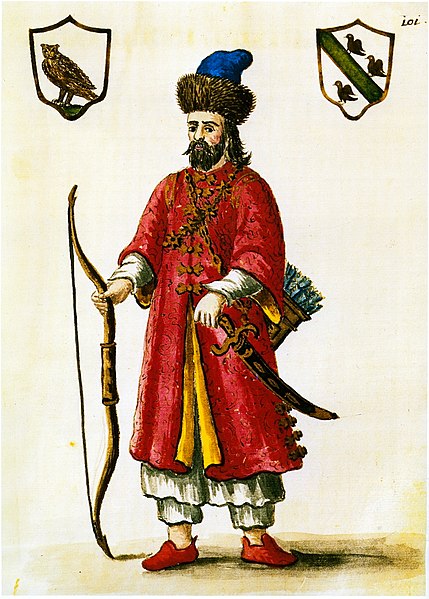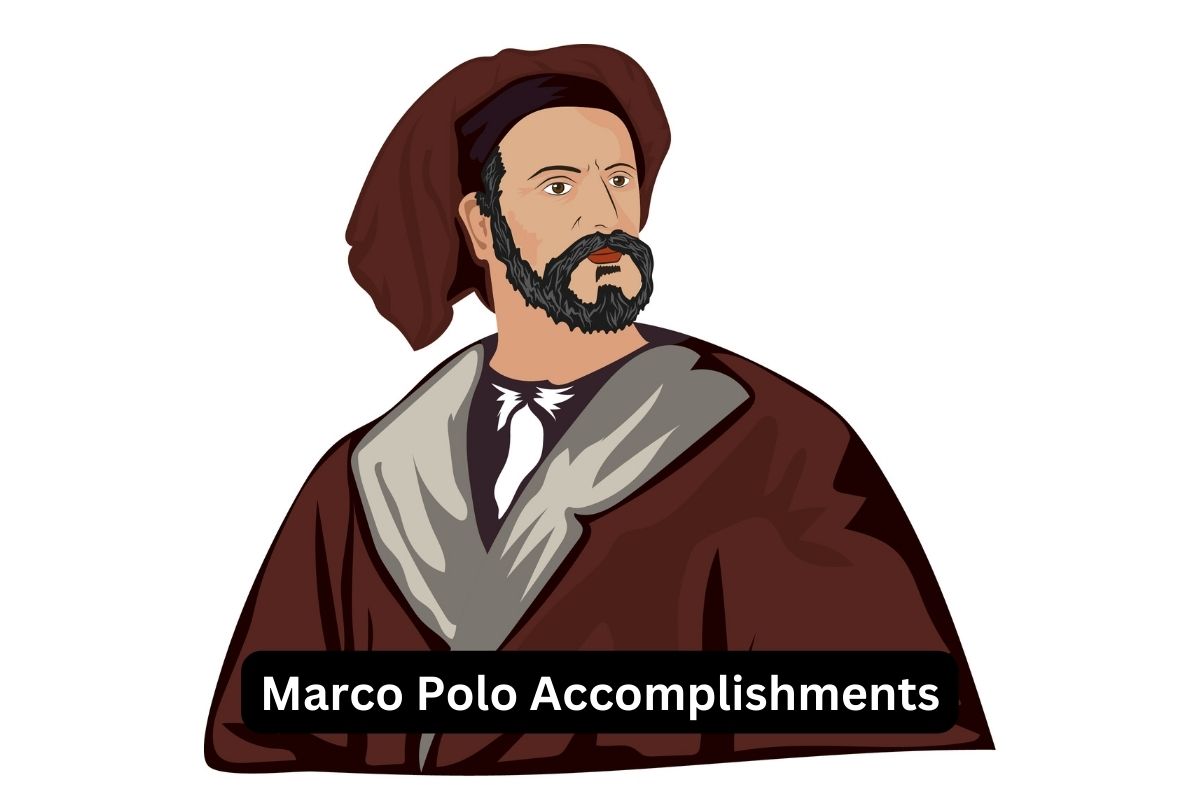Marco Polo (1254-1324) was an Italian explorer who traveled to the East along the Silk Road.
Born into a Venetian merchant family, Polo traveled alongside his father and uncle along the Silk Road, a historic trade route connecting Europe and Asia. Their extensive travels took them through regions such as Persia, Central Asia, and eventually to the court of Kublai Khan, the Mongol emperor of China.
He served as an advisor to Kublai Khan, the Mongol emperor of China, and documented his experiences in the book “The Travels of Marco Polo.” His writings introduced Europeans to the cultures, trade, and technologies of the East, inspiring future explorers and promoting cultural exchange.
Accomplishments of Marco Polo
1. Journey to the East along the Silk Road
Marco Polo embarked on a remarkable journey from Italy to the East, following the ancient trade routes known as the Silk Road. He traveled through regions such as Persia (modern-day Iran), Central Asia, and eventually arrived in China.
Also Read: Facts About Marco Polo
His expedition was a remarkable feat considering the challenging terrain, harsh conditions, and the vast distances he covered.

2. Introduction to and service under Kublai Khan
Marco Polo had the unique opportunity to serve as an emissary and advisor to Kublai Khan, the Mongol emperor of China. He spent around 17 years in the Mongol court, gaining the trust and respect of Kublai Khan.
During this time, Polo acquired in-depth knowledge of the Mongol Empire’s culture, customs, and governance. His position as an advisor allowed him to witness firsthand the inner workings of one of the most powerful empires in history.
3. Cultural exchange between East and West
One of Marco Polo’s most significant accomplishments was his role in fostering cultural exchange between the East and the West. Upon returning to Italy, Polo shared his experiences, insights, and observations in his book, “The Travels of Marco Polo.”
His writings provided Europeans with a vivid and detailed account of the diverse cultures, customs, and civilizations of Asia. This book served as a crucial bridge between two worlds, stimulating interest in the Eastern world among Europeans and broadening their understanding of different societies and traditions.
Polo’s work opened up new avenues for cultural exchange, trade, and exploration between Europe and Asia.
4. Exploration of various regions in China
Marco Polo extensively explored different regions within China during his travels. He visited significant cities such as Beijing (known as Khanbalik during that time), Hangzhou, and the magnificent city of Xanadu (Shangdu), which served as the summer capital of the Mongol Empire.
Through his explorations, Polo documented detailed observations of Chinese society, including aspects such as the imperial court, governance, trade networks, agricultural practices, and technological advancements. His writings provided Europeans with valuable insights into the rich culture and civilization of China.

5. Documentation of Chinese society, trade, and technology
Marco Polo’s writings in “The Travels of Marco Polo” were instrumental in introducing Europeans to the vast wealth, advanced trade systems, and technological achievements of China.
He described the grandeur of Chinese cities, the bustling marketplaces, the flourishing trade routes, and the technological marvels he encountered.
Polo’s documentation of technologies such as coal mining, paper money, canal systems, and the use of gunpowder astonished European readers, sparking curiosity and inspiring new ideas.
6. Influence on European trade and exploration
Marco Polo’s vivid descriptions of the riches, trade networks, and economic practices of the East, particularly China, inspired European merchants and traders.
Polo’s tales of valuable commodities, such as silk, spices, and precious metals, motivated Europeans to seek new commercial opportunities and establish trade connections with the East.
His writings played a significant role in stimulating European interest in exploration, trade, and establishing colonial empires, shaping the course of world history.
7. Contribution to geographical knowledge
One of Marco Polo’s significant contributions was his accumulation of geographical knowledge during his extensive travels. His writings provided Europeans with valuable information about regions that were previously unknown or misunderstood.
Polo described lands such as Japan (which he called Cipangu), Java, Sumatra, and the Andaman Islands, thereby expanding European understanding of the world.
His detailed accounts of landscapes, climates, flora, fauna, and natural resources helped shape European cartography and encouraged subsequent explorers to venture into new territories, armed with a greater understanding of the world’s geography.
By exploring various regions within China, documenting the society, trade, and technology, as well as contributing to geographical knowledge, Marco Polo significantly enriched European understanding of the East and paved the way for future exploration and cultural exchange.
8. Inspiration for Christopher Columbus
Marco Polo’s book, “The Travels of Marco Polo,” had a profound impact on Christopher Columbus, the renowned explorer who famously reached the Americas. Columbus possessed a personal copy of Polo’s travelogue that was heavily annotated.
He studied Polo’s accounts of the East, including descriptions of the wealth, trade routes, and potential for new discoveries. It is believed that Polo’s writings fueled Columbus’s imagination and his desire to find a direct route to Asia, which ultimately led to his voyage across the Atlantic.
9. Motivation for subsequent explorers
Marco Polo’s travel accounts served as a motivation for subsequent explorers and adventurers. His descriptions of distant lands, exotic cultures, and tales of adventure captured the imaginations of Europeans.
Inspired by Polo’s stories, explorers such as Vasco da Gama, Ferdinand Magellan, and many others set out on their own voyages, hoping to replicate his discoveries and find their own path to the riches and wonders of the East. Polo’s pioneering spirit and the allure of the unknown sparked a new era of exploration.
10. Enduring legacy and cultural impact
Polo’s name and his accomplishments have endured through history, making him one of the most famous and celebrated explorers of all time. His book, “The Travels of Marco Polo,” continues to captivate readers and scholars, serving as a valuable historical and cultural resource.
Marco Polo’s writings not only expanded European knowledge of Asia but also contributed to a better understanding of the interconnections between different civilizations. His legacy as an explorer, writer, and cultural ambassador has left an indelible mark on our understanding of the world and the importance of cross-cultural exchange.
